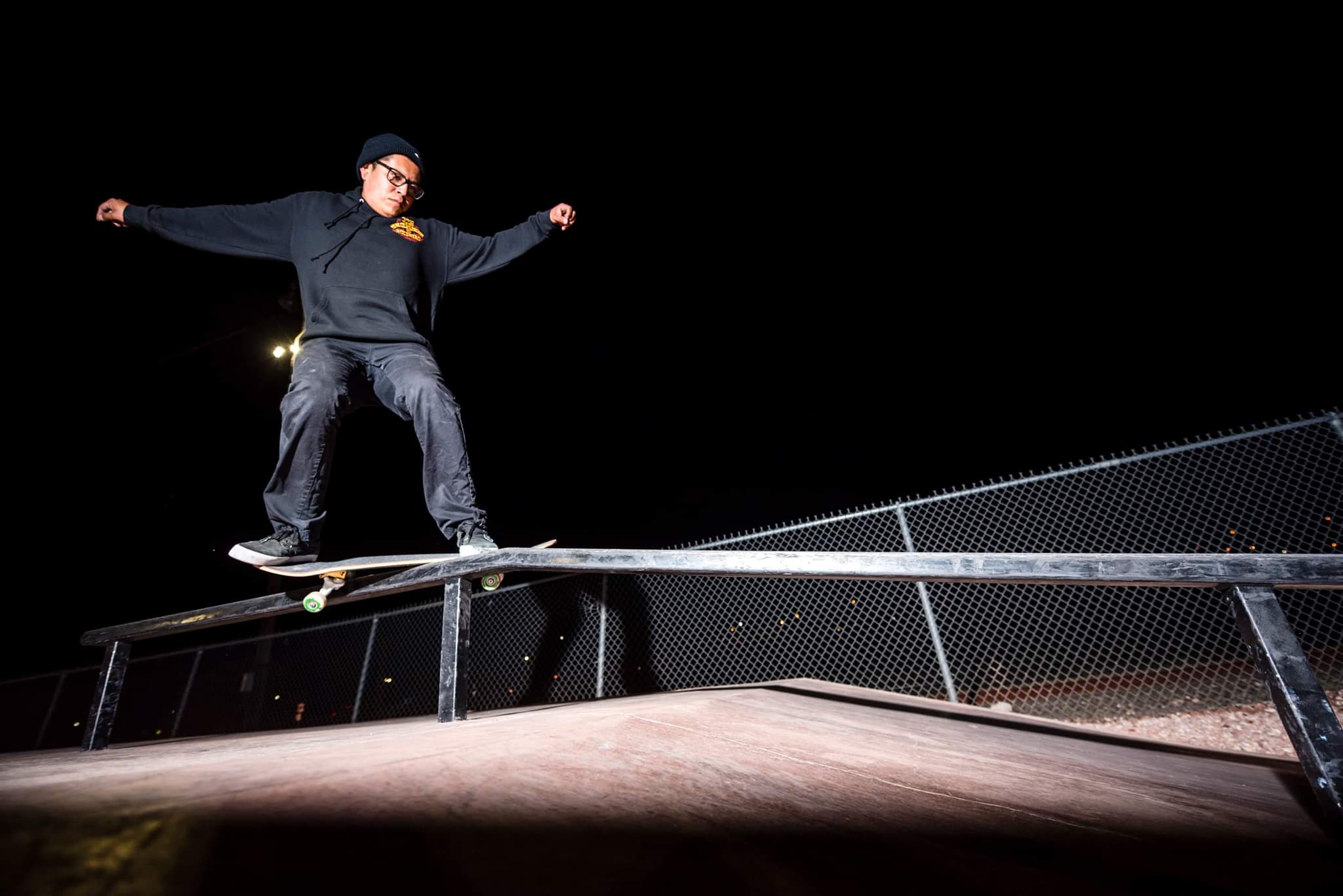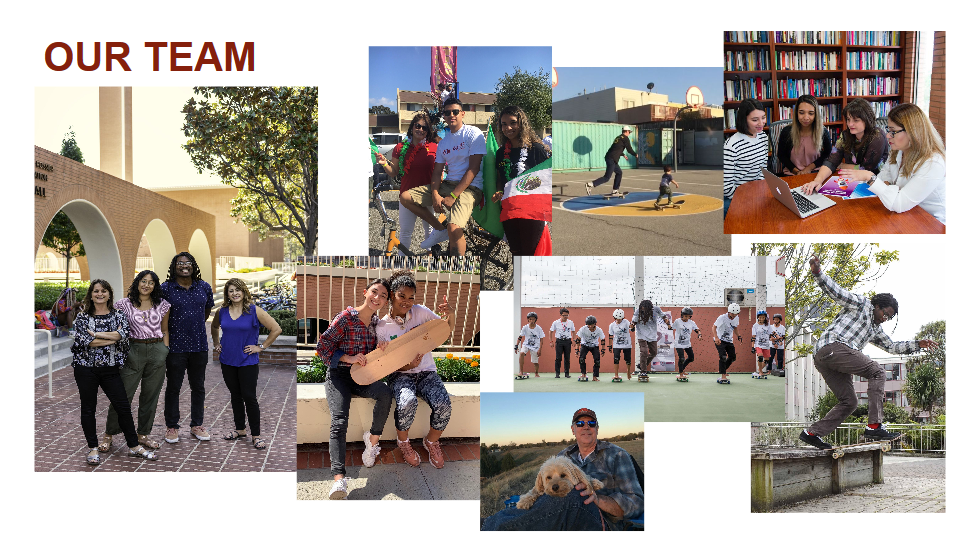
Researchers’ Perspective: Beyond the Board
The research team behind the Beyond the Board study approached the project from a wide range of perspectives based on personal, professional and life experiences. Here is their take on the study that redefined skateboarding culture…
Neftalie Williams: As an avid skateboarder and a scholar of skateboarding, it was incredible to be involved in this first of its kind study which allowed thousands of skaters from multiple positionalities to voice opinions about their lives. This diversity of voices within the study reflects our team’s commitment to creating space for those traditionally missing from popular culture and academic narratives of skateboarding culture, yet are key members of that culture. One key takeaway which spoke to our focus on creating space for the voices of skaters of color (SOC) was in revealing that African American skaters often felt they were viewed ‘more positively’ by the general public when carrying a skateboard than when they were not, and that they felt safer in their skateboarding communities largely in part due to the diverse composition of those communities. While there are numerous reasons for this, the finding alone is significant in that it allows for a starting point to think about skateboarding culture as a site with the potential to create bridges between disparate communities which might not occur otherwise. More in-depth investigations and discussions of this topic in the future could lead to the adoption of new skateboarding facilities and ‘social spaces’ which could allow dialogue and understandings to flourish among diverse populaces.
On a personal note, this study created a connection between historical perspectives of male and female elite skaters of color discussed in my previous Ph.D. research and the present ‘on the ground’ experiences of current skaters. Examining them in conjunction creates a compelling story that demonstrates how skateboarding culture can continue to grow and become a more inclusive site of social change and offer a fertile ground for future discussions of diversity.
Tattiya Maruco: As a mixed methods researcher and a partner and parent to skateboarders, I appreciated the opportunity to center skaters’ voices and share their perspectives with a wider audience. One of my biggest takeaways is that non-skaters have immense ability to impact skaters’ lives by recognizing skaters as people first and by valuing skills learned through skateboarding. I believe there is great value in having the experiences and perspectives of skateboarders (that are familiar to friends and family of skaters) analyzed through a rigorous and systematic process and expanded to include voices from across the country.
Maria Romero Morales: As the study’s project specialist and an elected official (El Monte City Council), I witnessed a strong commitment from city/county officials, electeds, and parks and recreation staff to build and sustain skateboarding parks. I was moved to see that these professionals really felt a sense of responsibility to create physical spaces where young skaters could not only cultivate technical skills, but more importantly, spaces to socially engage and thrive with other skaters. Through the interviews, it was evident that elected officials and city staff were deeply aware that building skateboarding parks and creating related programming could not be developed through one entity alone, but through collaboration among nonprofits, the private sector, and local governments.
Robert Reichardt: As a quantitative researcher, it was a joy to be part of a research group with passionate innovators from diverse backgrounds all working together to tell new stories and collect and analyze data to describe the experiences of skateboarders in new ways. Each member of the team brought different knowledge, perspectives, and interests to the task and thus produced new knowledge and understandings about the skateboarder community. Each project meeting was a learning experience for me and I think all involved. One of my big takeaways is the value of acceptance that many feel within the skateboarder community and the on-going challenge girls feel navigating skateboarding spaces.
Christine Rocha: As an outreach advisor and college access practitioner, I appreciated listening to skaters’ voices and learning about how skateboarding has made an impact on their personal development. Skateboarders have as much talent and dedication to this sport as a volleyball or soccer player does to their sport. My goal now is to share the valuable acquired capital skateboarders hold with other practitioners to shed light on the great contributions they will have in the classroom or on college campuses. I am excited for the world to learn more about skateboarding and incorporate it into their lives, education, and community!
Elon Mahone: As an undergraduate research assistant and journalism major, hearing the skaters’ stories was one of my favorite experiences throughout the entire study. I was tasked with reaching out to the skateboarding community and engaging with them on Instagram in order to invite them to take the survey. On social media I discovered how diverse and widespread their community truly is. I saw seven-year-old girls mastering tricks my fourteen year old brother could never do on his best day. I saw skaters young and old learning from each other and supporting one another. I feel like this sport, this culture, is so much bigger than anyone realizes and it’s about time we all started paying attention.
Constanza Astiazaran: As an undergraduate research assistant and a sociology major, I was inspired by the resilience and sense of belonging depicted by the skaters who participated in the study. Most importantly, I was amazed by not only their awareness of the structural challenges faced in their community but their problem-solving skills and commitment to overcoming them at both an individual and group level. I hope this study helps non-skaters acknowledge the passion and coolness of the skate community.
